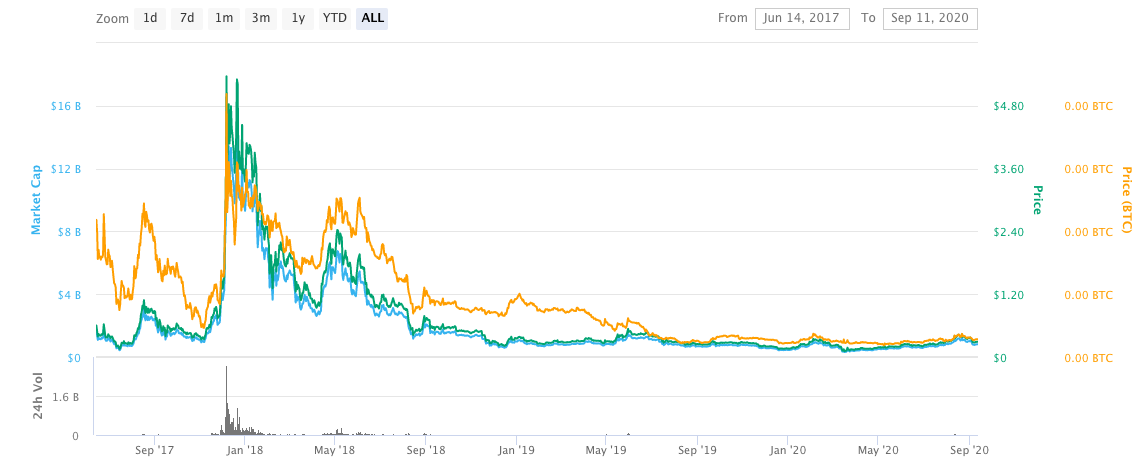

For example, in Q1 2019 alone, Amazon sold over 100 million Alexa-enabled devices to its clients. To give you an example of the level of expansion analysts predict, you need not look any further than how far these systems have come. Impressively, the market revenue for this sector is $212 billion with stark growth predicted for the future. IoT is Here to StayĪccording to recent statistics, the IoT community encompasses 20.4 billion devices globally.

These networks are more popular than ever because they streamline and automate critical business systems in ways previously unimaginable. Today, IoT sensors allow firms to save millions in monitoring and data transmission costs. This was the time that highspeed internet connectivity and “ smart” devices became affordable, stable, and fast. IoT as its known today took flight in 2008. This is the moment when a group of savvy developers from Carnegie Mellon University decided to add sensors to the campus vending machine. Interestingly, the IoT concept originated way back in 1982. Any device can be made “ smart” through the addition of embedded sensors and the ability to communicate with the internet. The Internet-of-Things is a term used to describe the billions of smart devices in the world today. Consequently, IOTA plays a pivotal role in the further adoption of this revolutionary technology. IOTA allows developers to further explore use cases scenarios and different functionalities of IoT and their interfaces. These systems could record and execute transactions between machines and devices within the Internet-of-Things (IoT) ecosystem.Īfter recognizing the potential of an IoT network, the firm changed its focus to expanding the decentralized network aspects of this technology.

Instead, IOTA started off as an IoT hardware chip manufacturer. Notably, the co-founders of the project, Sergey Ivancheglo, Serguei Popov, David Sønstebø, and Dominik Schiener didn't originally plan to host a cryptocurrency or even a decentralized network for that matter. As such this platform has unmatched scalability and endless use cases in the market. Instead, the platform relies on various Internet-of-Things (IoT) applications. Unlike competitors, IOTA doesn't utilize blockchain technology to accomplish its tasks. IOTA (MIOTA) is a different kind of cryptocurrency.


 0 kommentar(er)
0 kommentar(er)
